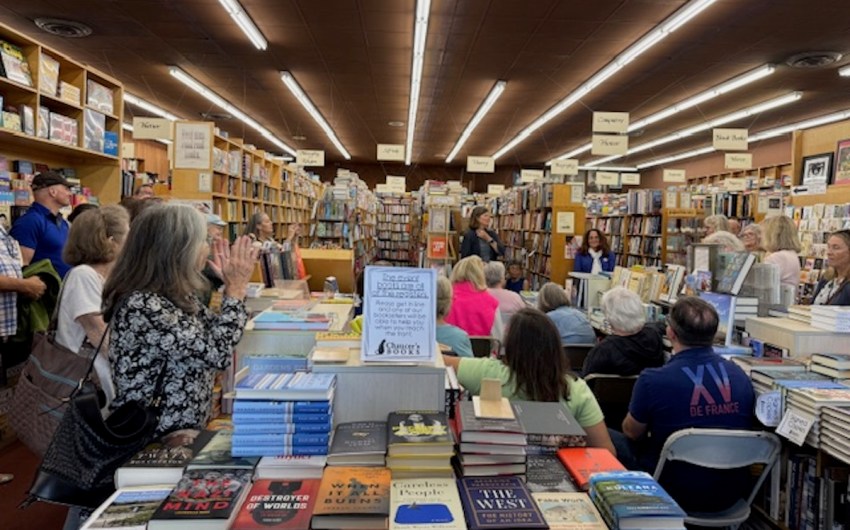Last Thursday, leaders in Santa Barbara’s sprawling network of low-income health care clinics — also known as Federally Qualified Health Centers, or “FQHCs” — were put on notice by the federal government they had to begin verifying proof of their patients’ citizenship, effective immediately. Without such verification, the feds made clear, there would be no reimbursement for any services provided. “Before, we never were allowed to ask them about anything except their insurance and income. Now, we will have to provide proof of citizenship,” explained Dr. Mouhanad Hammami, chief executive of the county’s Public Health Department, which runs seven such clinics. “It absolutely will be a burden on our patients,” he added, “but it will also be a big burden on our staff.”
Hammami said the FQHCs were created back in the 1960s as part of Lyndon Johnson’s War on Poverty. To incentivize primary-care docs to treat low-income patients, he said, the feds offered higher reimbursement rates. Citizenship or immigration status did not matter. In 1996, under the Clinton Administration, the rules changed to bar any questions regarding immigration status from being asked.
On July 10, the new directive went out. It was effective immediately but with a 30-day comment period allowed. If an estimated 18 percent of the county’s population is undocumented, Hammami reckoned, 240,000 residents are enrolled in Medi-Cal, then about 55,000 patients could find themselves unable to receive help. He said he and other FQHC administrators are now scrambling to come up with a Plan B. Without such coverage, he said, many patients will forgo the luxury of preventive care, but will still wind up in the county’s emergency rooms. Kids won’t get vaccinated; older people will not get flu shots; herd immunity will become compromised. Hammami suggested that maybe clinics that receive no federal funding might be able to fill some of the breach. “We are looking for some alternatives,” he said. “So far, there’s no clear path.”
Source link

